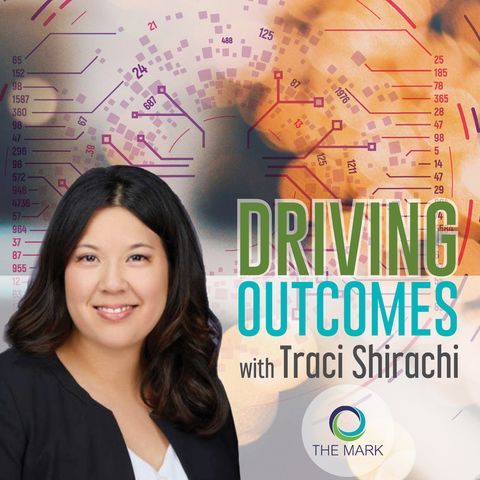23 SEP. 2021 · On this week's podcast, Traci is joined by two individuals who are familiar with the value of B Corps,Vicente Escriva and Diane Kaldany.
Diane shares that everything she does is driven by a big-picture philosophy of the world. Diane worked in Corporate, specifically in financial banking, and she did work for a Non-Governmental Organization (“NGO”) outside the US.
Vicente, who has a Bachelor's Degree in Economics realized that he wanted to focus on Developmental Economics where he has had experience working with a bunch of NGOs and working with social enterprise and corporate responsibility groups.
B Corp falls under for-profit organizations and it is strictly for companies. The process by which you become a B Corp is to become certified by the organization, B labs. The certification is very broad and it is performed by an organization that does a third-party review and gives a lot of credibility.
Some well-known company names are Ben and Jerry, and Patagonia - which was one of the first big corporations to obtain certification.
Whole Foods, who chose not to be B Certified, even though the CEO wanted to really instill that kind of mindset shared publicly that he regretted not being B certified when Amazon bought them because the company felt all that work was now at risk of being let go.
B Corp certification essentially gives the companies an opportunity to reevaluate their values, essentially, at all levels, as it coincides with a lot of current events around social change. Additionally, B-certification helps to increase enterprise value as a whole because it captures non-financial metrics or outcomes that help complement or affect a company’s financials.


